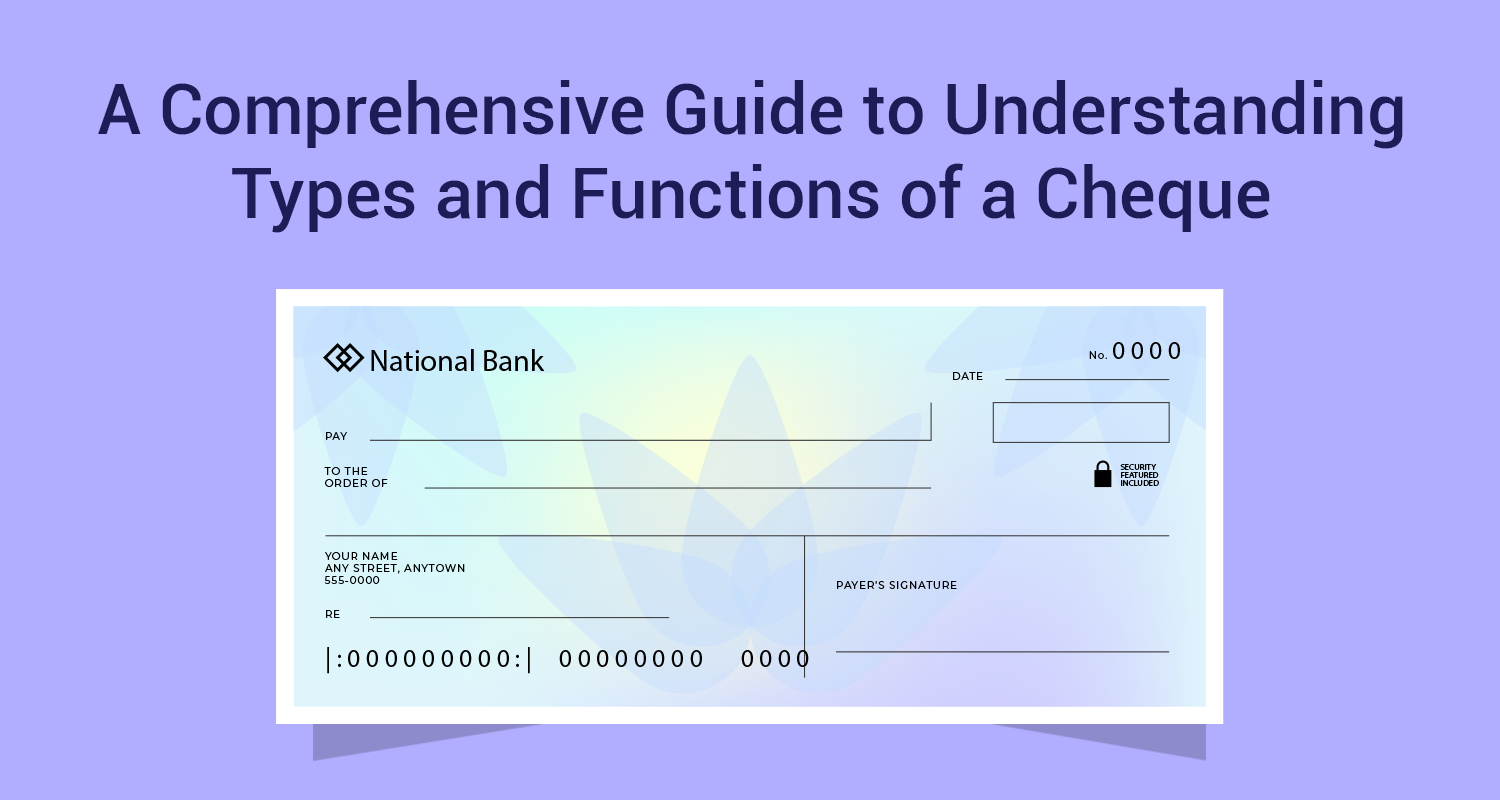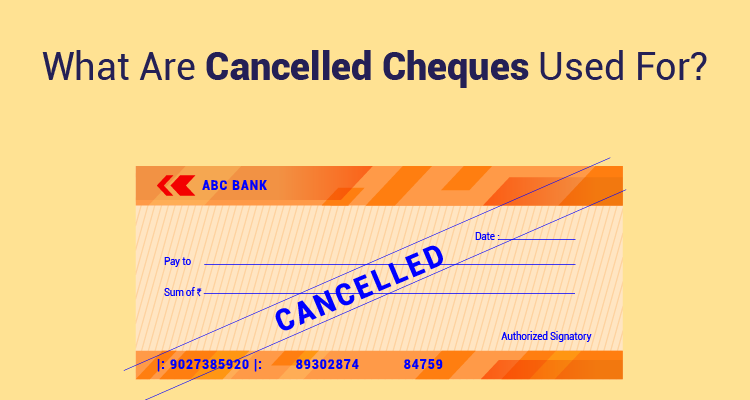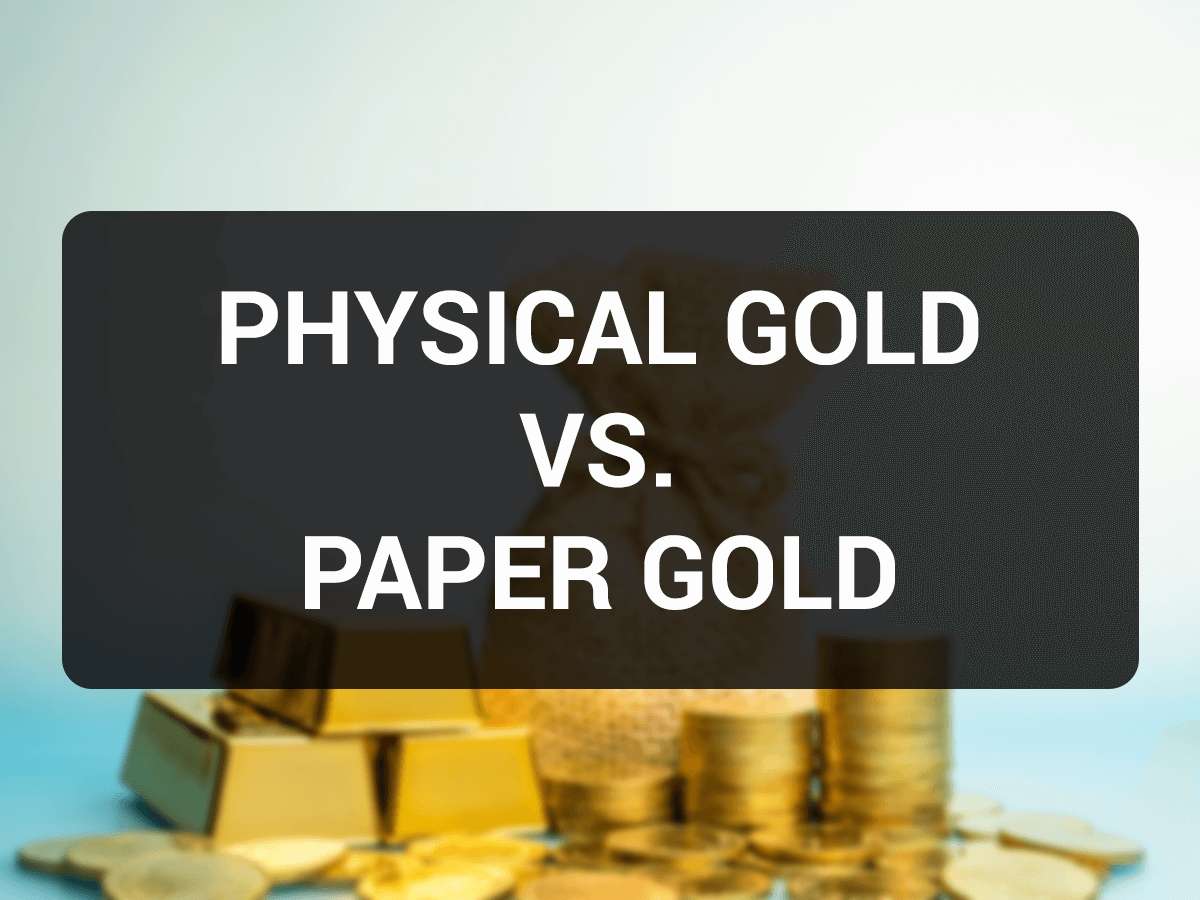How Do Mutual Funds Work?

Mutual funds not only help investors invest wisely and safely, but they also perform a very important economic function. They actually operate at 3 levels. Firstly, they help small savers to pool their money and invest in a mutual fund. Thus the saving habit is nurtured. Secondly, the mutual fund ensures that the money does not lie idle like in a savings bank account. In fact, it is actually invested in high yielding assets and continuously monitored. Lastly, the fund earns returns which are either paid back to the investors or they are ploughed back to enhance the wealth of the investor. Now for the mutual fund process!

First, let us understand the structure of a mutual fund
A common question that a lot of investors do have is what guarantee they have that their money is safe and that the mutual fund will be solvent enough to pay the money back. There are no guarantees but the mutual fund structure is designed to address these issues. Actually, there are five levels of checks on mutual
- The highest level of checks on mutual funds comes from the super-regulator which is SEBI. Not just the operations of the fund but the announcements, corporate governance standards and the protection of investor interest are all regulated by
- Every mutual fund has to necessarily have a Board of Trustees. These trustees will represent the interests of the unit holders and will have to be from outside the fund. Normally, these are very eminent people with a reputation for integrity and fairness. This is the second level of
- Then there is the Asset Management Company consisting of the CEO, CIO, Fund managers, dealers who actually manage the fund. The fund evaluation is based on how best the fund performs and enhances the wealth for shareholders. The AMC has a reputation to
- Then there is the issue of sponsor reputation. Most of the leading mutual funds in India are floated by reputed industrial and banking houses like HDFC, ICICI, Kotak, SBI, Birla, UTI, Reliance, etc. The reputational stake for the sponsor is too high and that also acts as an automatic
- Finally, the competition and the investor sentiments also act as a natural balance. Investors are quick to think with their feet and no fund can afford to take such a risk. Thus there are multiple levels of direct and indirect checks and balances for mutual funds.
How does the actual mutual fund process work?
It is interesting to understand the complete cycle of how mutual funds mutate from money to wealth and back to money. Here is the four-step process.
- The first role that the mutual fund plays is to pool savings of small investors. Small investors with lump sum amounts of as small as Rs.5000 and SIP outlays of just Rs.500 can come together and put their money in a mutual
- The mutual fund translates these savings into investments. This is a very interesting and iterative process. What the fund does is to put the money in to productive avenues like equity where the funds can actually create wealth over the long term. Idle money in banks and liquid funds cannot really create worthwhile wealth for you. What you require is solid equity investments which mutual funds
- Once the funds are invested, the mutual fund generates returns in the form of dividends, interest, rights, bonuses, splits, trading gains, investment gains etc. These gains are either paid out to the investor as dividends or ploughed back into the fund as wealth accretion. The choice is entirely
- The last step actually completes the mutual fund cycle. Once the funds are invested and the gains are distributed, there are two things that the investor will do. For example, if the fund has performed very well then the investor has an incentive to plough back the profits into the same fund. These are called growth plans. That is how wealth creation actually happens, the corpus is continuously reinvested and the wealth compounds over a period of time. It is this cycle that makes equity funds veritable wealth creators over longer periods of time.
Mutual funds, especially equity funds, play a very important in channelizing small savings of millions of individuals into productive equities. That is what makes them a unique product for continuous wealth creation.
Disclaimer : The information in this blog is for general purposes only and may change without notice. It does not constitute legal, tax, or financial advice. Readers should seek professional guidance and make decisions at their own discretion. IIFL Finance is not liable for any reliance on this content. Read more



